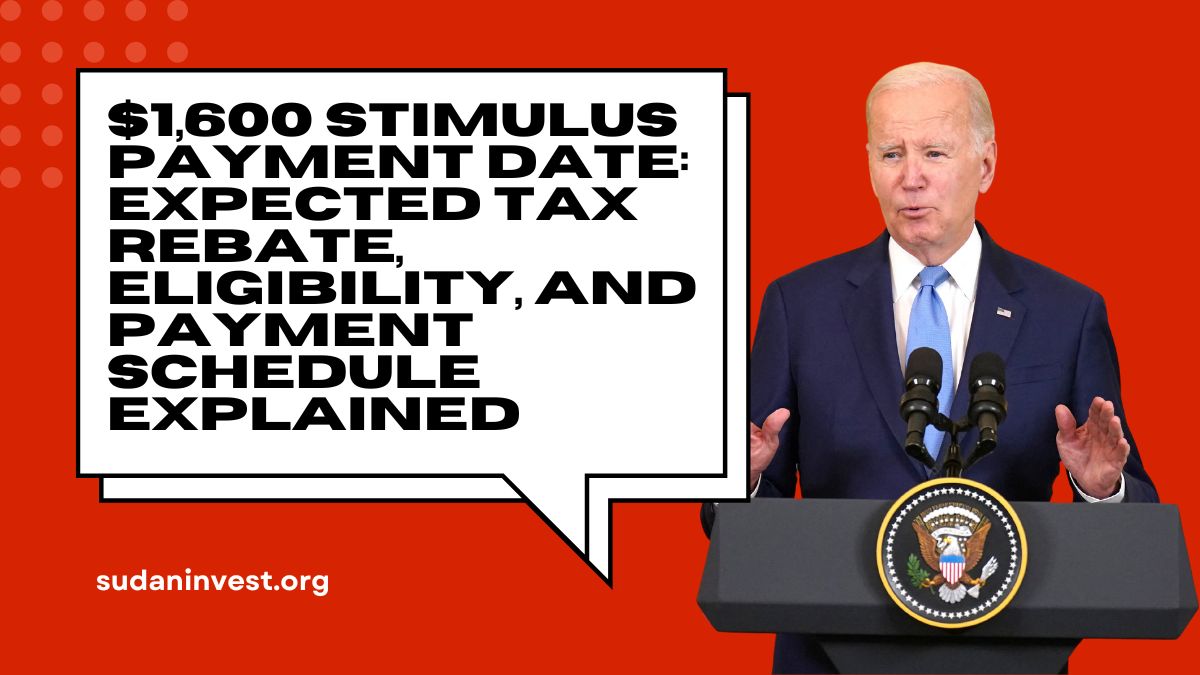Social Security is a crucial source of income for retirees, but many fail to maximize their potential benefits. In 2024, the maximum monthly Social Security payment is $4,873, a significant increase from previous years.
Here’s a comprehensive guide on how you can achieve this amount and secure a comfortable retirement.
Understanding the $4,873 Social Security Payment
The maximum Social Security benefit of $4,873 per month is not automatically granted to everyone. It requires specific conditions to be met, which involve your age, career length, and lifetime earnings.
Eligibility Requirements

You must have earned at least the Social Security wage base limit for 35 years. The wage base limit changes annually. For 2024, it is set at $168,600.
| Year | Social Security Wage Base Limit |
|---|---|
| 2015 | $118,500 |
| 2016 | $118,500 |
| 2017 | $127,200 |
| 2018 | $128,400 |
| 2019 | $132,900 |
| 2020 | $137,700 |
| 2021 | $142,800 |
| 2022 | $147,000 |
| 2023 | $160,200 |
| 2024 | $168,600 |
You must have paid Social Security taxes on this maximum amount or more for each of those 35 years to qualify for the highest benefit.
Retirement Age
To receive the maximum benefit, you must delay claiming Social Security until age 70. Claiming benefits earlier will reduce your monthly payments significantly. For example:
- At age 62: You can receive up to $2,710.
- At age 67 (Full Retirement Age): You can receive up to $3,822.
- At age 70: You can receive the maximum $4,873.
Job Type
Your job must be covered by Social Security. Some government and railroad jobs do not contribute to Social Security, which would disqualify you from this benefit.
Steps to Maximize Your Social Security Benefits

Work for at Least 35 Years
Social Security calculates benefits based on your highest 35 years of earnings. If you work less than 35 years, zero-income years are included in the calculation, which will reduce your benefit amount.
Maximize Your Earnings
Aim to reach or exceed the Social Security wage base limit every year. This may not be feasible for everyone, but it is crucial to maximizing benefits.
Delay Claiming Benefits
Postpone claiming your benefits until age 70 to take advantage of the 8% increase per year after your Full Retirement Age (FRA).
Spousal Benefits
If you are married, consider spousal benefits. Your spouse can receive up to 50% of your benefit if they don’t have sufficient earnings on their own record.
Factors That Could Affect Your Benefits
- Early Retirement
- If you retire before your full retirement age, your benefits will be permanently reduced. For example, retiring at 62 reduces your benefit by about 30%.
- Working While Receiving Benefits
- If you claim benefits before full retirement age and continue to work, your benefits may be temporarily reduced depending on your earnings.
Example Scenarios
- Early Claiming Scenario
- John, who claims at 62 and has not met the 35-year earnings requirement, will receive significantly less than $4,873. His benefit could be as low as $2,710 per month.
- Maximizing Scenario
- Jane works for 35 years, earning the wage base limit each year and claims at age 70. She will receive the full $4,873 per month.
Conclusion
Maximizing your Social Security benefits requires careful planning and strategic decisions throughout your career.
By ensuring you work for 35 years with earnings at or above the wage base limit and delaying your claim until age 70, you can secure the highest possible monthly benefit of $4,873 in 2024. It’s a challenging but achievable goal for those with the right financial planning.
FAQs
1. What is the earliest age I can claim Social Security benefits?
You can claim benefits as early as age 62, but your monthly payments will be reduced.
2. Can I receive the maximum benefit if I have worked less than 35 years?
No, you must have 35 years of earnings at or above the wage base limit.
3. Will my benefits increase after age 70?
No, benefits do not increase beyond age 70, so it’s advisable to claim them by then.
4. What happens if I continue working while receiving Social Security?
If you are below the full retirement age, your benefits may be temporarily reduced based on your earnings.
5. Are all jobs covered by Social Security?
No, some government and railroad jobs do not contribute to Social Security, which could affect your benefits.
















